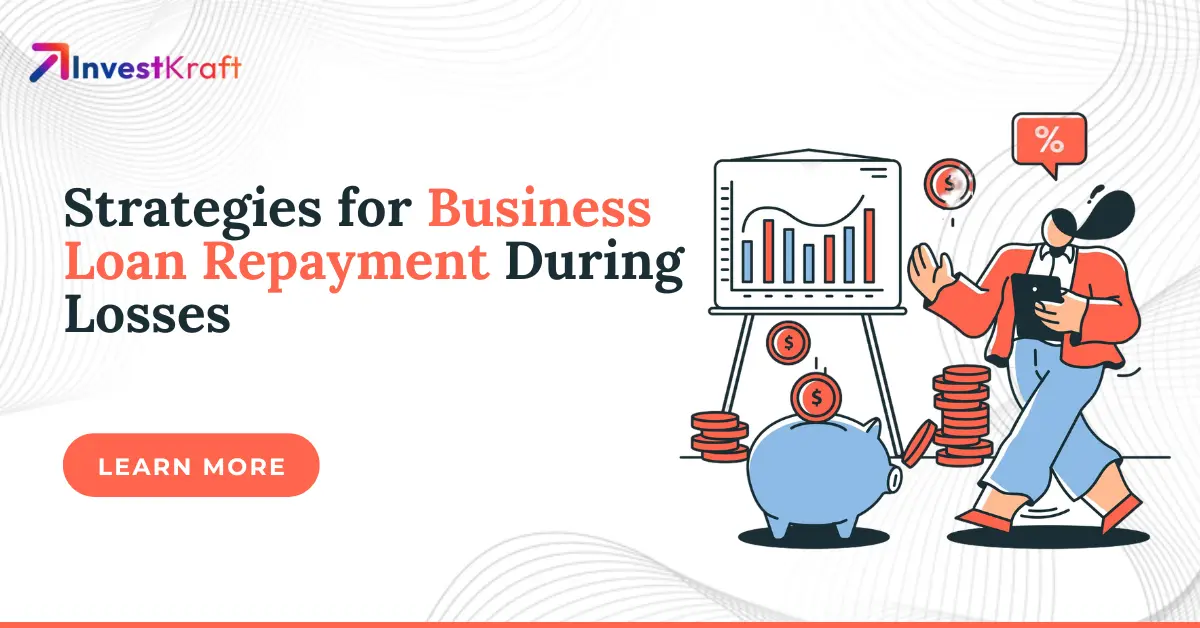How to Start a Small Business in India: Your 2025 Step-by-Step Guide

For countless people, owning a business is the ultimate dream—a chance to turn passion into profit. Yet, many are stumped by a simple question: How do I even start? Whether you’re an aspiring entrepreneur or just curious about launching your own venture, this guide is for you. A brilliant business idea is only half the battle—knowing how to bring it to life is what counts.
The world’s biggest companies didn’t just appear overnight. They started with a spark: an idea, a plan, some funding, and a small launch. Through innovation, grit, and stellar execution, they grew. Ready to kickstart your own journey in India? Starting small can lead to massive growth. Planning a startup might feel daunting, but don’t sweat it—we’ve got you covered with a clear, updated roadmap for 2025’s dynamic business scene.
How to Start a Business in India: Step-by-Step Guide for 2025
Thinking of ditching the 9-to-5 to be your own boss? You’re in the right place. Finding low-risk, high-potential ideas can be tricky, especially when you’re buzzing with enthusiasm. That’s why we’ve outlined 10 practical steps to launch a small business in India with minimal investment.
1. Choose a Business Idea:
Every entrepreneur’s journey begins with the right idea. Pick an industry that excites you and aligns with your strengths. Not sure where to start? Browse the MSME portal (udyamregistration.gov.in) or the Make in India site (makeinindia.com) for inspiration. In 2025, hot sectors include sustainable products (e.g., biodegradable packaging), healthtech (e.g., affordable wearables), and digital services (e.g., AI tutoring). Anyone can launch—Indian residents, NRIs, OCIs, or even foreign nationals partnering locally. Validate your idea with tools like Google Trends or X hashtag searches (e.g., #IndianStartups).
2. Sharpen Your Skills:
Play to your strengths. Launch a business where your expertise shines—whether it’s cooking, coding, or crafting. No skills yet? No problem. Upskill with free platforms like Coursera or YouTube tutorials. Shadow a local business or intern with a startup to learn the ropes. In 2025, skills like digital marketing, e-commerce management, and AI basics are gold. The more you know, the stronger your foundation.
3. Build a Killer Business Plan:
A standout business needs a standout plan. Research your market—check competitors on ONDC or Amazon India and scan global trends on X. Your plan should include your business name, owner details (age, qualifications, experience), and financials (costs, pricing, taxes, shipping). Use AI tools like ChatGPT to draft it or Canva for a polished look. Project sales for 2-3 years—be realistic but bold. In 2025, factor in rising digital costs and hybrid customer habits.
4. Raise the Funds:
Cash keeps the dream alive. Most Indian small businesses start with personal savings or family support. Calculate your startup costs and runway—how long until you’re profitable? Options include bank loans (e.g., SBI MSME loans), government schemes (e.g., Mudra Yojana via mudra.org.in), or crowdfunding on Ketto. Angel investors (try 100X.VC) love tech ideas with data. In 2025, micro-loans via fintech apps like Paytm Business are trending for quick access.
5. Pick Your Spot:
Location matters—whether it’s your home, a shop, or a co-working space (e.g., WeWork India). Register your address with your local panchayat or municipal body—it’s your proof of existence for utilities like power and water. Virtual offices are big in 2025, letting you operate remotely while looking legit. Choose what fits your budget and vibe.
6. Register Your Business:
Yes, it’s a hassle, but it’s essential. Go online to the MCA portal (mca.gov.in) for company registration—LLPs and sole proprietorships are simplest for small ventures. Get an MSME Udyam certificate for perks like subsidies. Need licenses? Check state-specific rules (e.g., FSSAI for food businesses). In 2025, e-KYC and digital signatures have slashed the paperwork time—use them.
7. Sort Out Taxes:
You’ll need a PAN and TAN from the Income Tax Department (incometaxindia.gov.in)—must-haves for tax filings. If your turnover hits ₹20 lakh (₹10 lakh in special states), grab a GST number at gst.gov.in. Pro tip: Registering as an MSME or Startup India entity unlocks tax breaks. Apps like ClearTax make compliance a breeze in 2025.
8. Launch with Flair:
Small businesses in India fall into three buckets: online-only (e.g., e-commerce), hybrid (online + offline), or traditional (shops, warehouses). Even physical stores need a digital footprint—think a Google Sites page or Instagram profile. Get creative: design a catchy name and logo (try Canva or Fiverr). Print biz cards, invoices, and letterheads with your brand. In 2025, WhatsApp Business is a launch MVP—direct orders, instant reach.
9. Market Like a Boss:
Stand out in the crowd. Digital is king: post Reels on Instagram, host X Spaces, or drop YouTube explainers. Budget tight? X and WhatsApp groups are free and effective. Offline, try flyers or local FM ads. Example: A Mumbai baker tripled sales in 2024 with Instagram giveaways. Track what works—Google Analytics is your friend. In 2025, AI ad tools (e.g., Meta’s targeting) level the playing field.
10. Grow and Adapt:
Launching isn’t the finish line—it’s the start. Monitor sales with Zoho Books or customer feedback via X polls. Scale up via ONDC or export with Amazon Global Selling. Stay nimble—India’s market loves innovators. In 2025, small wins like a loyal WhatsApp community can snowball into big growth.
Why Start a Small Business in India?
Here’s why it’s worth it in 2025:
- Flexibility: Fewer stakeholders, faster decisions—your call, your rules.
- Innovation: Test wild ideas big firms can’t touch—think niche apps or eco-products.
- Tax Perks: MSME and Startup India schemes (startupindia.gov.in) cut your tax bill.
- Personal Touch: Small scale means real connections—customers love it.
- Low Risk: Limited scope keeps stakes manageable.
- Creative Freedom: No corporate red tape—just you and your vision.
- Work-Life Balance: Smaller ops, less stress—peace over chaos.
- Full Profits: No investors? All gains are yours.
- Community Impact: Jobs, donations, or just being local—it feels good.
Is Entrepreneurship for You? Take the 5-Minute Self-Assessment
Not everyone’s cut out for this gig. Answer these quick questions:
- Do you thrive on solving problems solo?
- Can you handle uncertainty without panic?
- Are you cool with wearing multiple hats (sales, ops, marketing)?
- Do you bounce back from setbacks?
- Passion or profit—which drives you more?
Mostly “yes”? You’re ready. Mixed bag? Maybe dip a toe in first.
The Bottom Line
India’s market in 2025 is ripe—huge, accessible, and buzzing with opportunity. Stuck at home? No excuse. These low-investment ideas work anywhere, anytime, even in today’s economy. The best moment to start is now. Lean on tools like QuickBooks or TallyPrime to streamline workflows and free up your day. Your business, your rules—go for it.
FAQs
Q: What’s a high-demand industry in India?
A: Handmade crafts are booming—low startup costs, big export potential. Platforms like Etsy India bridge artisans and buyers.
Q: What challenges do small businesses face?
A: Funding, tech access, marketing muscle, and red tape. But 2025’s digital tools (e.g., ONDC, fintech loans) are leveling the field.
Q: How long are typical small business loans?
A: Most SME loans run 12-36 months. Fintechs like Lendingkart offer flexible 6-month options; Mudra loans stretch to 5 years based on need.












